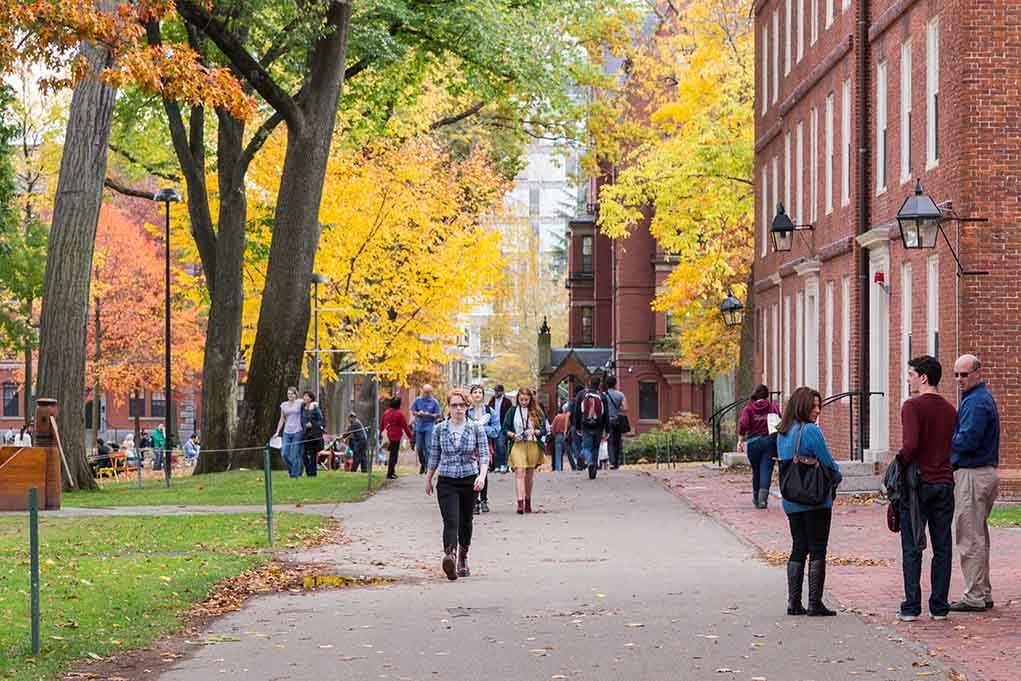
When a university professor’s ties to an armed far-left group become front-page news, the question isn’t just whether academic freedom can coexist with radical activism—it’s why such affiliations ignite national controversy and force institutions into the spotlight.
Story Snapshot
- UNC professor Dwayne Dixon placed on administrative leave after his membership in Redneck Revolt is exposed
- Campus tensions flare as conservative groups call for Dixon’s firing, citing safety and extremism concerns
- University investigation highlights the challenge of balancing constitutional rights with public safety
Faculty Activism Collides with Institutional Responsibility
The University of North Carolina at Chapel Hill found itself on a political and ethical fault line when Dixon’s membership in Redneck Revolt’s Silver Valley chapter was exposed. The university’s response—a swift move to place Dixon on administrative leave pending investigation—was accompanied by a carefully worded statement emphasizing the institution’s condemnation of violence and respect for constitutional rights. While the university does not monitor lawful personal activities, the pressure to act was intensified by external forces, including Turning Point USA (TPUSA), whose spokesperson Andrew Kolvet publicly demanded Dixon’s firing. The administration’s balancing act reflects a broader national debate: how far should universities go in policing the political affiliations of faculty, and where is the line between academic freedom and public safety?
BREAKING: UNC administration placed Dwayne Dixon, a professor of Asian and Middle Eastern Studies, on administrative leave following reports of Dixon's alleged affiliation with "Redneck Revolt," an “anti-racist" and "anti-fascist" organization. https://t.co/Oq8ivzdxVh
— The Daily Tar Heel (@dailytarheel) September 30, 2025
Conservative advocacy groups seized on the controversy, arguing that any link between faculty and organizations associated with political violence represents an unacceptable risk. TPUSA’s campaign, amplified by social media and national outlets, cast the university’s decision as a test case for institutional integrity, ideological neutrality, and the safety of students and staff. Meanwhile, Dixon’s defenders point out that his prior charges for carrying weapons at rallies were dropped, and that no evidence links him directly to any crime related to his activism. The charges against Redneck Revolt and its members, serious as they are, have yet to be substantiated in Dixon’s case.
Campus Extremism and the Ripple Effects of Public Exposure
Heightened polarization on campuses nationwide has made cases like Dixon’s a flashpoint for debates about extremism, free speech, and the boundaries of lawful political engagement. The assassination of Charlie Kirk and the John Brown Gun Club’s provocative flyers at Georgetown University have fueled anxieties about campus safety, increasing scrutiny of faculty activism. Dixon’s administrative leave is both a short-term response and a potential precedent for how universities might handle similar controversies in the future. The chilling effect on academic freedom—where faculty may fear investigation for lawful association—is real, as is the reputational risk for the university.
The broader impact extends beyond UNC, as universities across the country re-examine policies on faculty conduct, campus activism, and the limits of political expression. Media attention and advocacy group pressure may accelerate legislative changes, prompting new standards for what constitutes unacceptable affiliation. The debate is far from settled: while some see Dixon’s case as proof of the dangers posed by radical groups, others warn that overreach threatens the principles that make higher education a haven for diverse ideas—even those deemed controversial.
Sources:
TPUSA statements and social media
The Daily Tar Heel (UNC student newspaper)

